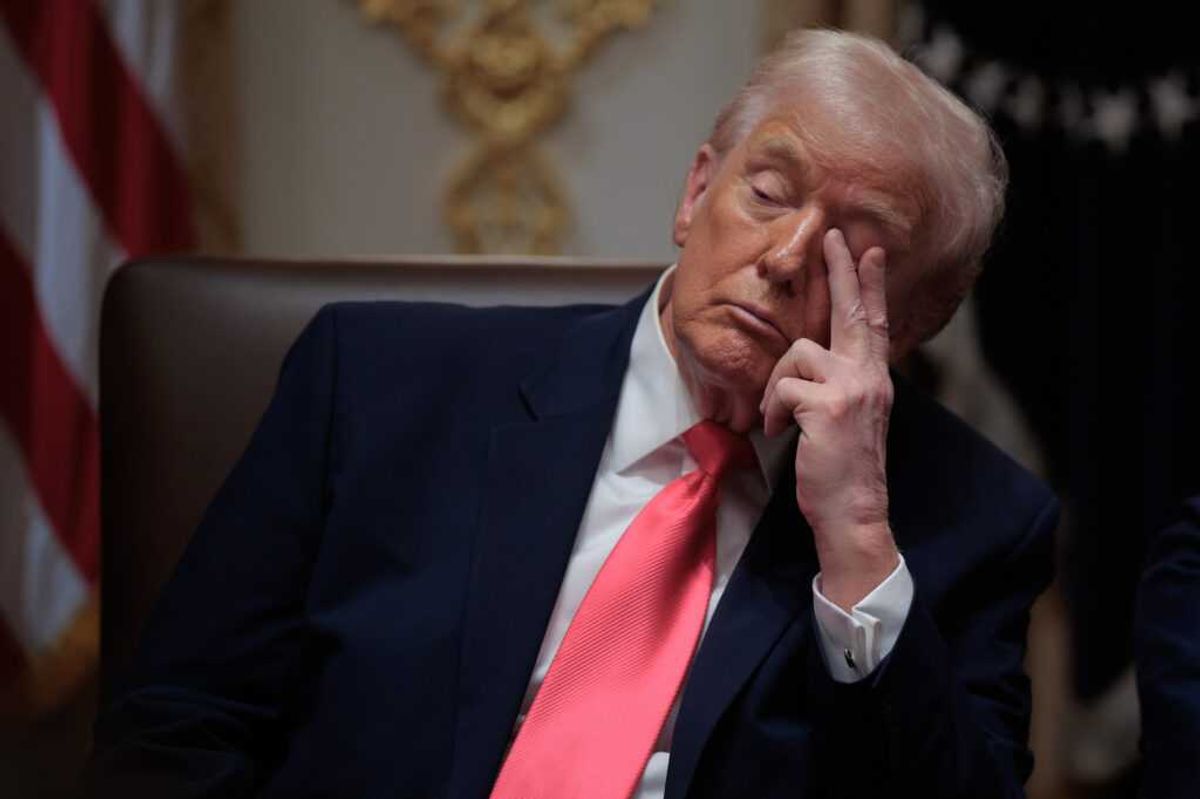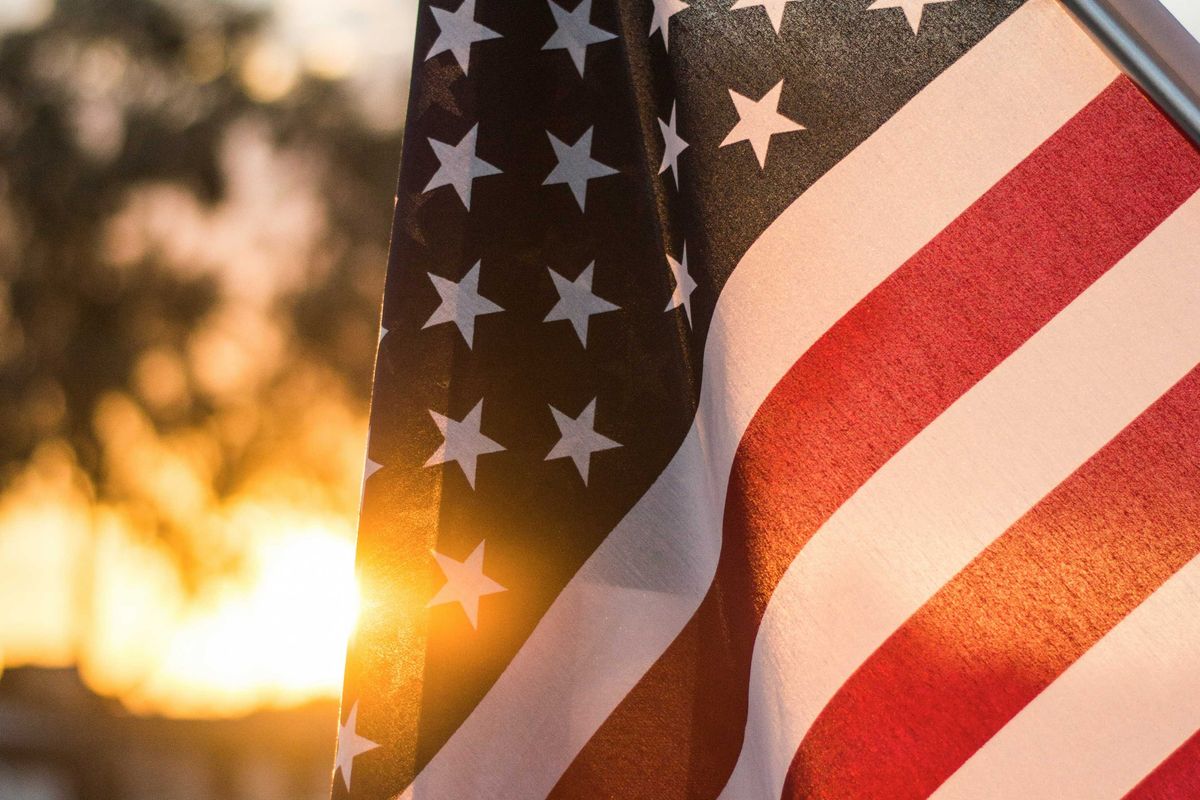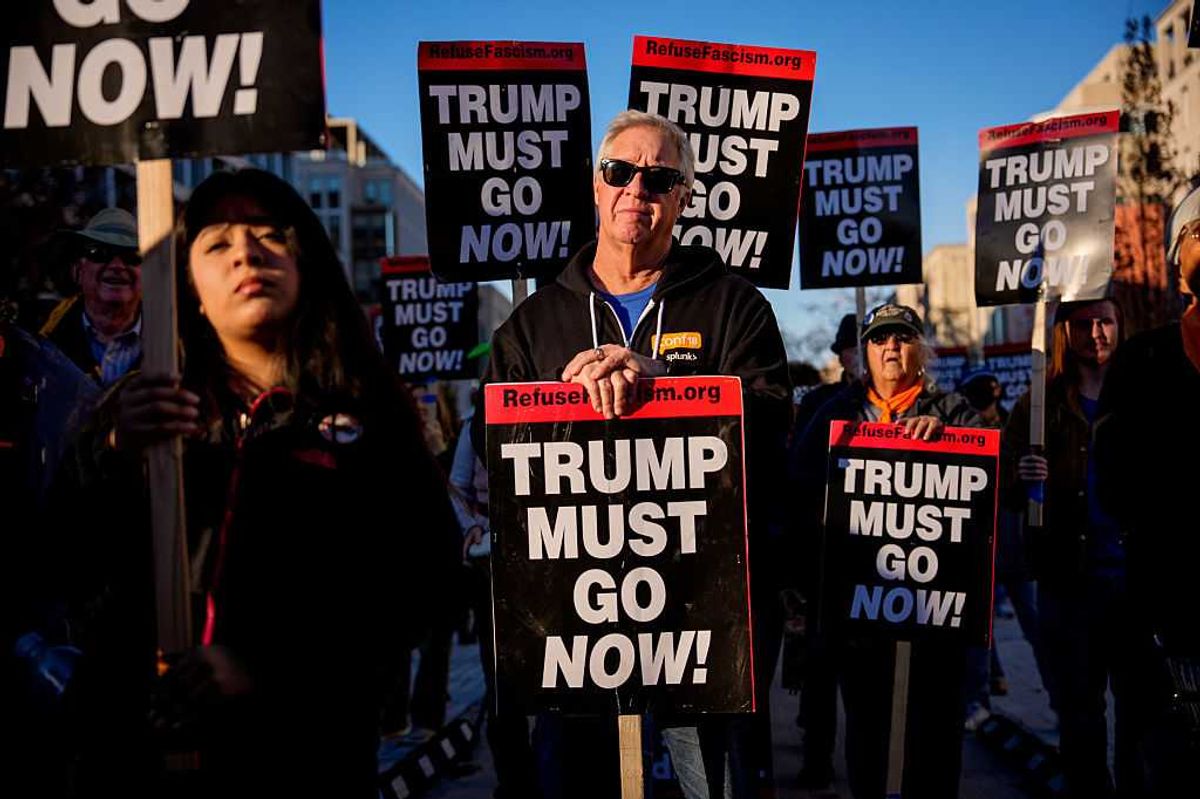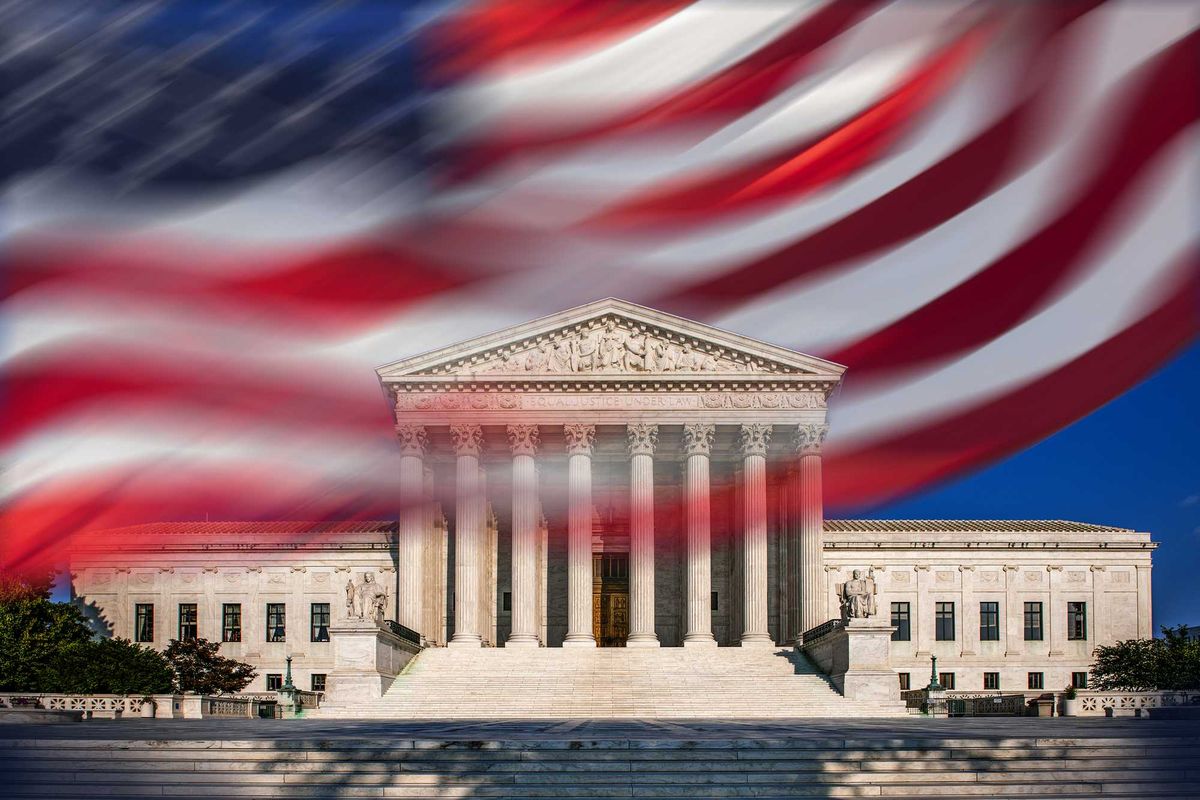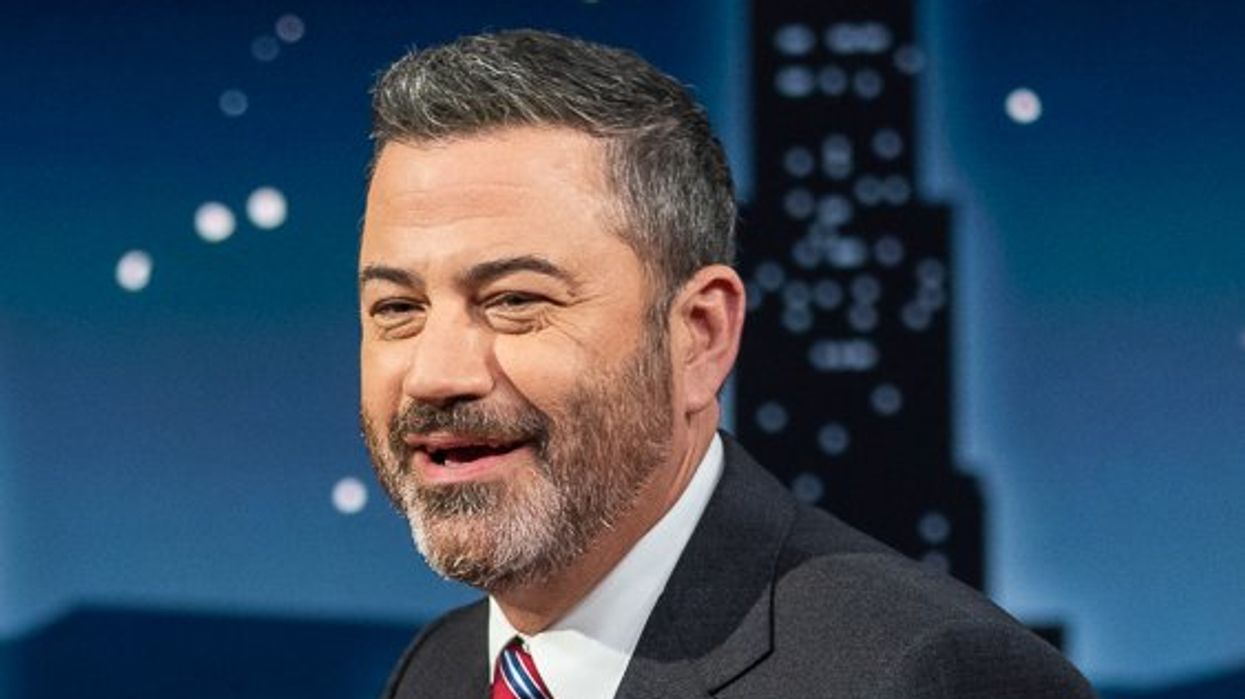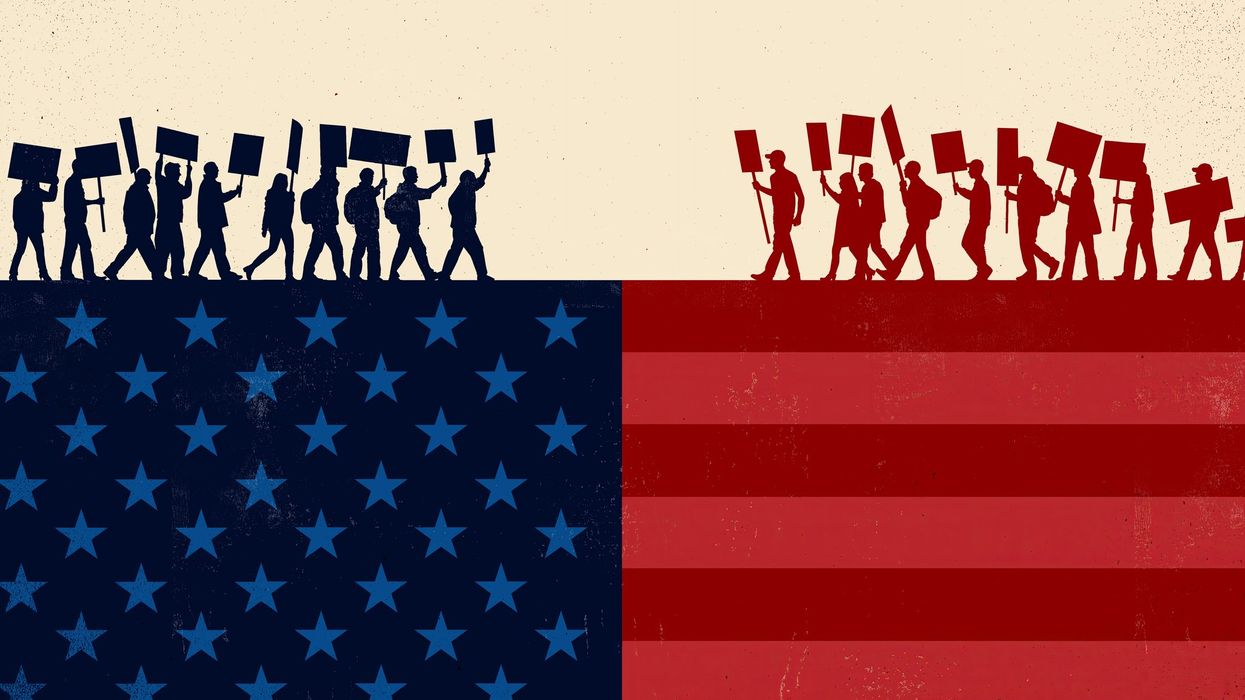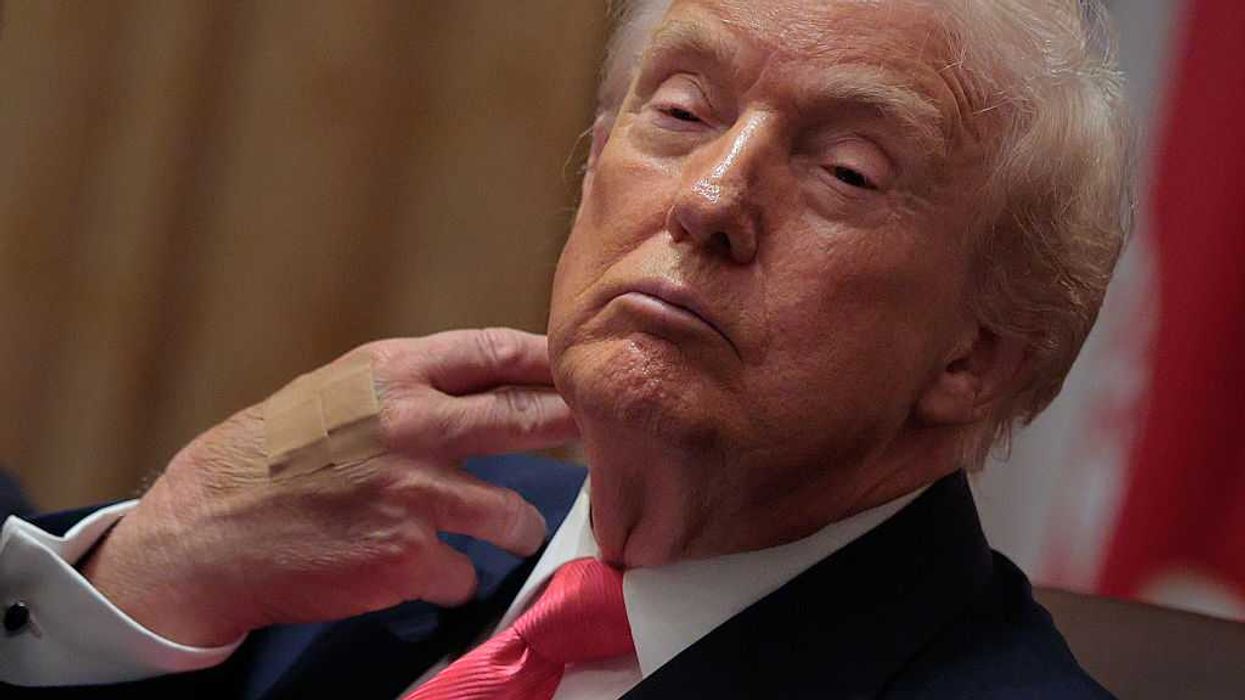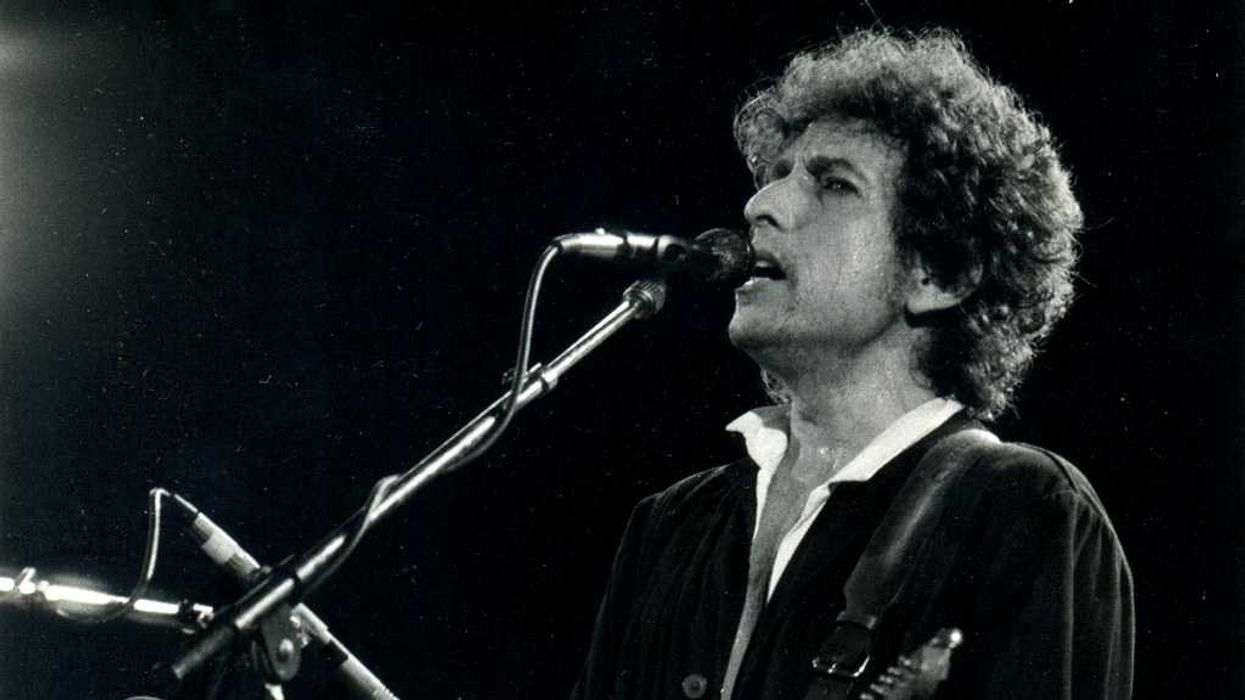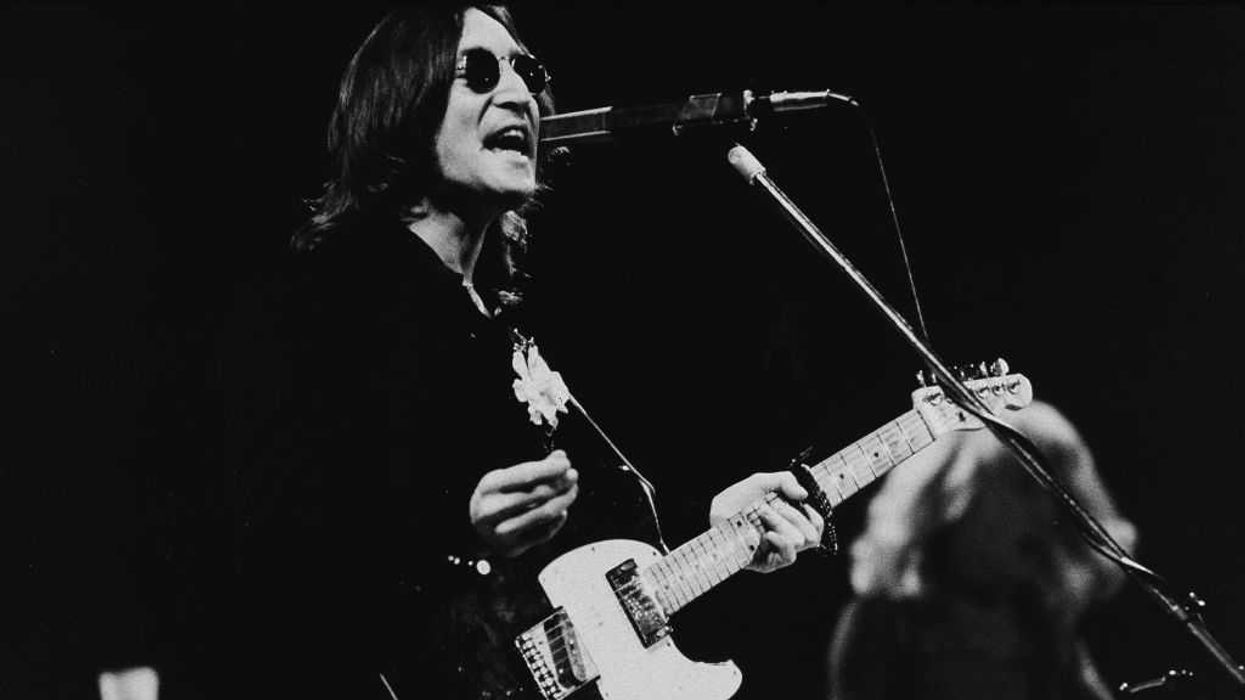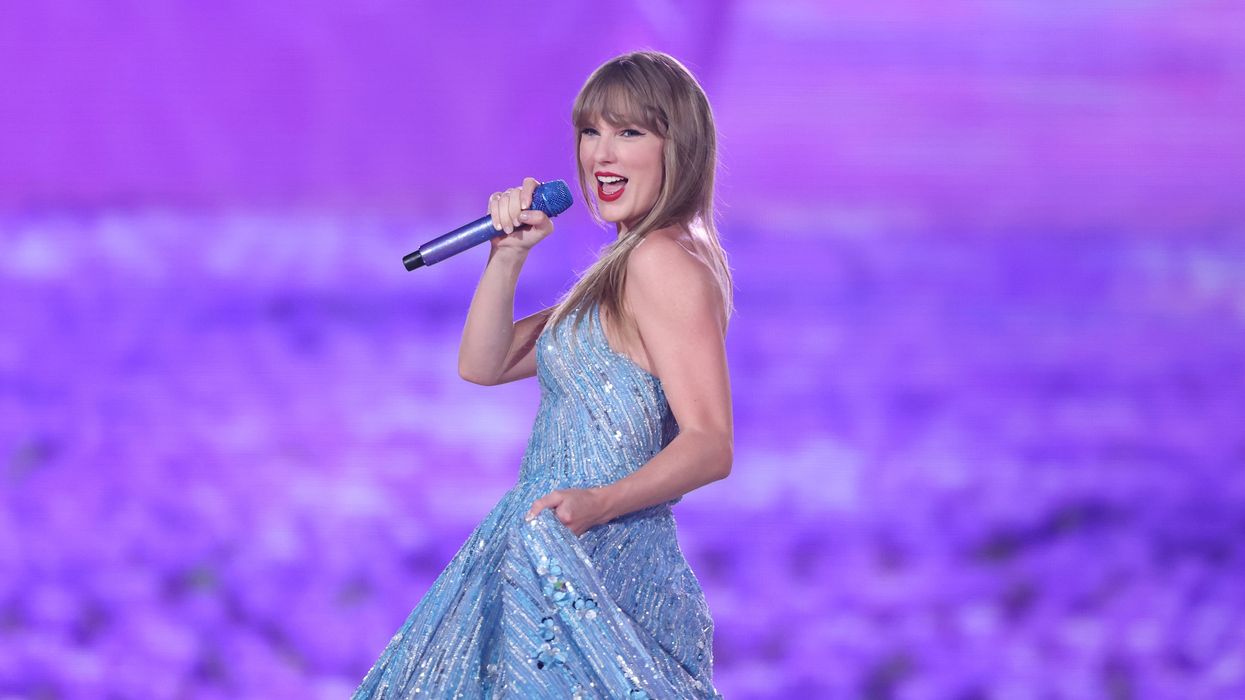Los Angeles, CA — Late-night host Jimmy Kimmel has obtained Italian citizenship, citing concerns over the direction of the country under President Donald Trump’s second term. The announcement, made during a candid conversation with comedian Sarah Silverman on her podcast, has struck a chord with many Americans contemplating similar moves.
“I did get Italian citizenship,” Kimmel said. “What’s going on is as bad as you thought it was gonna be. It’s so much worse. It’s just unbelievable. I feel like it’s probably even worse than [Trump] would like it to be”.
Kimmel’s maternal lineage—his grandmother Edith’s family hails from Candida in Italy’s Avellino province—qualified him for dual citizenship. He first revealed the news publicly during Italian Republic Day celebrations in Los Angeles earlier this summer.
Kimmel joins a growing list of public figures who have taken steps to leave the U.S. or secure foreign residency. Rosie O’Donnell relocated to Ireland, citing fears stemming from Project 2025. Ellen DeGeneres and Portia de Rossi moved to the English countryside the day before the 2024 election results were announced.
“I knew after reading Project 2025 that if Trump got in, it was time for me and my non-binary child to leave the country,” O’Donnell told CNN.
Trump has responded with characteristic vitriol, threatening to revoke O’Donnell’s citizenship and mocking Kimmel’s talent on Truth Social. Kimmel, unfazed, reposted Trump’s comments with the caption: “I’m hearing you’re next. Or maybe it’s just another wonderful secret”.
A Broader Trend: Americans Seeking Exit Routes
“I felt like this country had everything right in front of them, and people chose this — and that was heartbreaking,” said Yale historian Marci Shore, who relocated to Toronto with her family after Trump’s reelection.
Beyond celebrity circles, a significant number of Americans are exploring emigration. According to Harvey Law Corporation, motivations include:
- Political instability and polarization
- High cost of living and healthcare
- Desire for better work-life balance
- Access to affordable education and safer environments
Gallup polling in 2024 found that 21% of Americans wanted to leave the country permanently if Trump won re-election—more than double the 10% who said so in 2011.
Immigration consultants report a surge in inquiries from U.S. citizens seeking residency abroad, with fears ranging from martial law to defunding of federal institutions.
Italy, in particular, has seen a surge in interest, especially among those with ancestral ties. However, recent legal reforms (Law No. 74/2025) have tightened eligibility, limiting citizenship by descent to those with Italian-born parents or grandparents.
From Berlin to Mexico City, expat communities are seeing an uptick in U.S. arrivals citing democratic backsliding, civil liberties concerns, and a desire to raise families in more stable environments. While the numbers remain modest, the motivations are deeply personal — and increasingly urgent.
Conservative voices have dismissed the trend as “privileged escapism.” But for those leaving, the decision is often framed not as surrender, but survival.
“I may not consider myself a patriot, but I still care about my country’s descent into chaos… When the election happened, I was devastated—and resolved. A decision had been made for me: I would stay in Amsterdam for another year, if not more," wrote Hannah Docter-Loeb in a personal essay on Slate.
Migration scholar Amanda Klekowski von Koppenfels notes that while most Americans won’t leave, the symbolic weight of those who do is powerful. “It’s not just about geography,” she writes. “It’s about identity, belonging, and the limits of hope”.
As the political climate intensifies, Kimmel’s move may be less about escape and more about signaling a broader cultural shift—one where citizenship, identity, and dissent are increasingly global.
Hugo Balta is the executive editor of the Fulcrum and the publisher of the Latino News Network.
